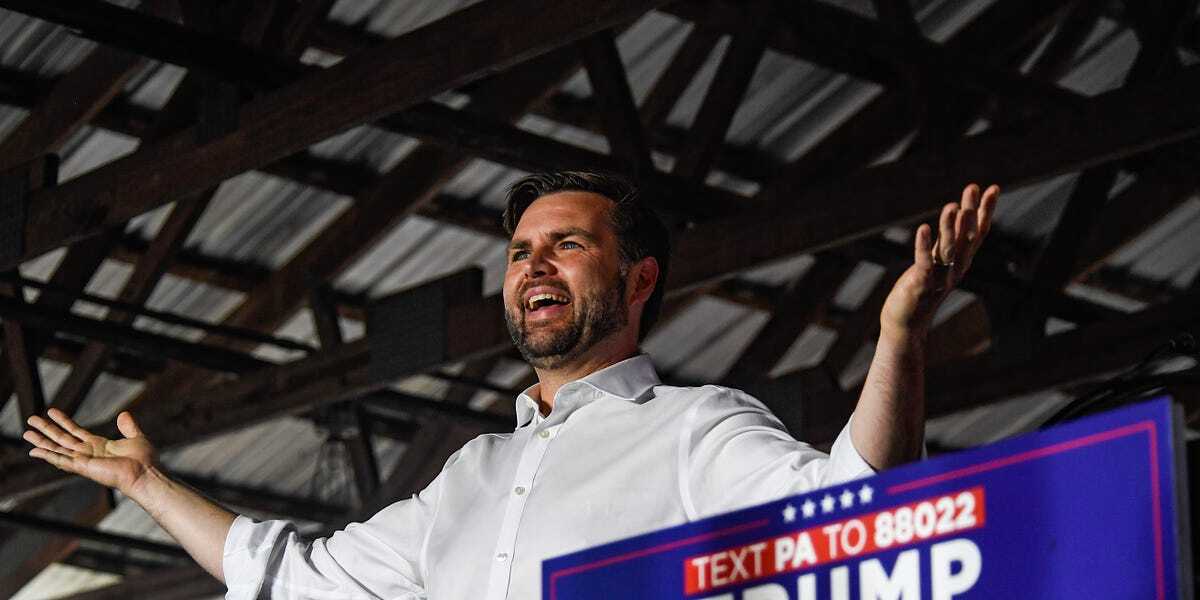Behold the dossier. (link to dossier from article)
It reportedly comes from an alleged Iranian government hack of the Trump campaign, and since June, the news media has been sitting on it (and other documents), declining to publish in fear of finding itself at odds with the government’s campaign against “foreign malign influence.”
I disagree. The dossier has been offered to me and I’ve decided to publish it because it’s of keen public interest in an election season. It’s a 271-page research paper the Trump campaign prepared to vet now vice presidential candidate J.D. Vance. As far as I can tell, it hasn’t been altered, but even if it was, its contents are publicly verifiable. I’ll let it speak for itself.
“The terror regime in Iran loves the weakness and stupidity of Kamala Harris, and is terrified of the strength and resolve of President Donald J. Trump,” Steven Cheung, communications director for the Trump campaign, responded when I asked him about the hack.
This is not the Steele Dossier of 2016, with its golden showers and anti-Trump fanfiction. Unlike the Steele Dossier, which was both fraudulent and discredited, the Vance Dossier is factual and intelligently written. No Jason Bourne style capers appear, and there’s no sleaze. Instead, the Vance Dossier enumerates pretty reasonable liabilities as a then-contender for VP nominee, including:
-
“Vance has been one of the chief obstructionists to U.S. efforts to providing [sic] assistance to Ukraine.”
-
“Vance criticized public health experts and elected officials for supporting Black Lives Matter protests while condemning anti-lockdown [Covid] protests.”
-
“Vance ‘embraced non-interventionism.’”
-
“In 2020, Vance criticized President Trump’s airstrike killing Iranian General Qasem Soleimani, worrying it would continue to bog down America in the Middle East to the advantage of China. Vance suggested that the country had been entangled in wars in the Middle East so ‘financial elites’ could profit from the rise of China.”

What? IIRC, the author only clarified that a bunch of it was likely rumor. How does that make it fraudulent?
NYT always does a decent job at writing articles 6 years after they are done spreading the propaganda.